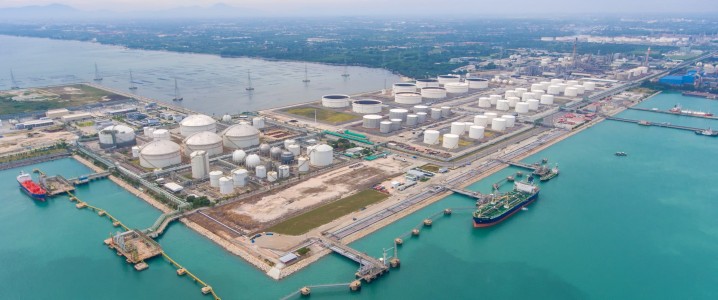China Could See Slowest Oil Import Growth In Two Decades

High oil prices and China’s crackdown on the use of oil import quotas could result in the lowest crude oil import growth at the world’s top oil importer since 2001, analysts tell Reuters.
Analysts—including Rystad Energy, Energy Aspects, and Independent Commodity Intelligence Services (ICIS)—estimate that the recent clampdown on the import and tax practices of independent refiners, as well as the significantly higher oil prices this year, could result in flat or slightly rising crude oil imports in China in 2021. Oil imports could grow by up to 2 percent in 2021 compared to 2020, which would be the lowest growth rate in two decades and much lower than the 9.7-percent average import growth rate since 2015, according to Reuters.
In a bid to reduce refining overcapacity, China stepped up earlier this year pressure on independent refiners to uproot illegal tax practices and check if outdated facilities have been closed as required. The authorities are checking to see whether the private refiners are complying with all laws and regulations when importing and later reporting and booking processing rates and taxes.
The Rise of the Teapots
A broad clampdown on private Chinese refiners could impact the crude import rates of the world’s top oil importer, considering that the independents have grown to account for around one-fifth of China’s crude oil imports.
Those teapots were first allowed to purchase oil from abroad in 2015.
Imports Already Down YoY
China’s crude oil imports fell to some 9.77 million barrels per day (bpd) in June 2021. They were down 2 percent in May, which was the lowest monthly level since the start of the year, according to customs data cited by Reuters.
Over the first half of the year, China imported 260.66 million tons of crude—or 10.51 million bpd per Reuters estimates. This was a 3 percent drop compared to the first half of 2020.
The Record Breakers
Meanwhile, Chinese refiners processed a record amount of crude oil in June, at 14.8 million bpd, up by 3.9 percent from May when run rates also broke records, statistics data showed. The average daily run rates for the first half of the year were even higher, at 15.13 million barrels—up by 10.7 percent from a year earlier, the data also showed.




